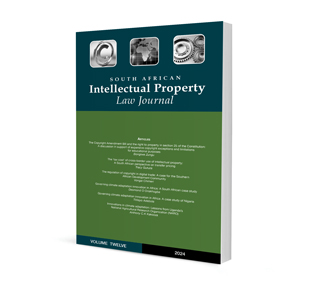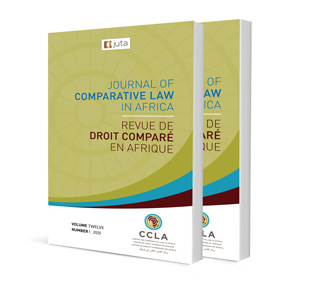Abstract
The rapid evolution of digital technologies is transforming Africa’s economic landscape, reshaping how creative works are produced, distributed, and consumed. This shift presents both opportunities and challenges for intellectual property (IP) protection. Using South Africa, Kenya, and Nigeria as case studies, this paper explores the role of robust IP frameworks in fostering innovation, creativity, and sustainable growth in Africa’s digital economy. It highlights how strong IP protection attracts technological investment and addresses issues such as digital piracy, copyright infringement, and rapid technological advancements. The paper also proposes strategies for harmonising IP laws across African jurisdictions, vital for regional integration under the African Continental Free Trade Area (AfCFTA).
It further examines data rights protection on digital platforms, focusing on ownership, consent, and the distribution of value. The paper discusses data ownership controversies and the need for regulatory harmonisation. By analysing the intersection of IP law, data rights, and digital innovation, it calls for adaptive policies that balance protection with access. Drawing from evolving IP regimes and AfCFTA protocols, it offers policy recommendations aligned with Agenda 2063 and global treaties. The comparative focus offers scalable insights, demonstrating how tailored reforms can enhance the creative industries, facilitate data flows, and attract investment — essential for equitable digital transformation and economic sustainability.


